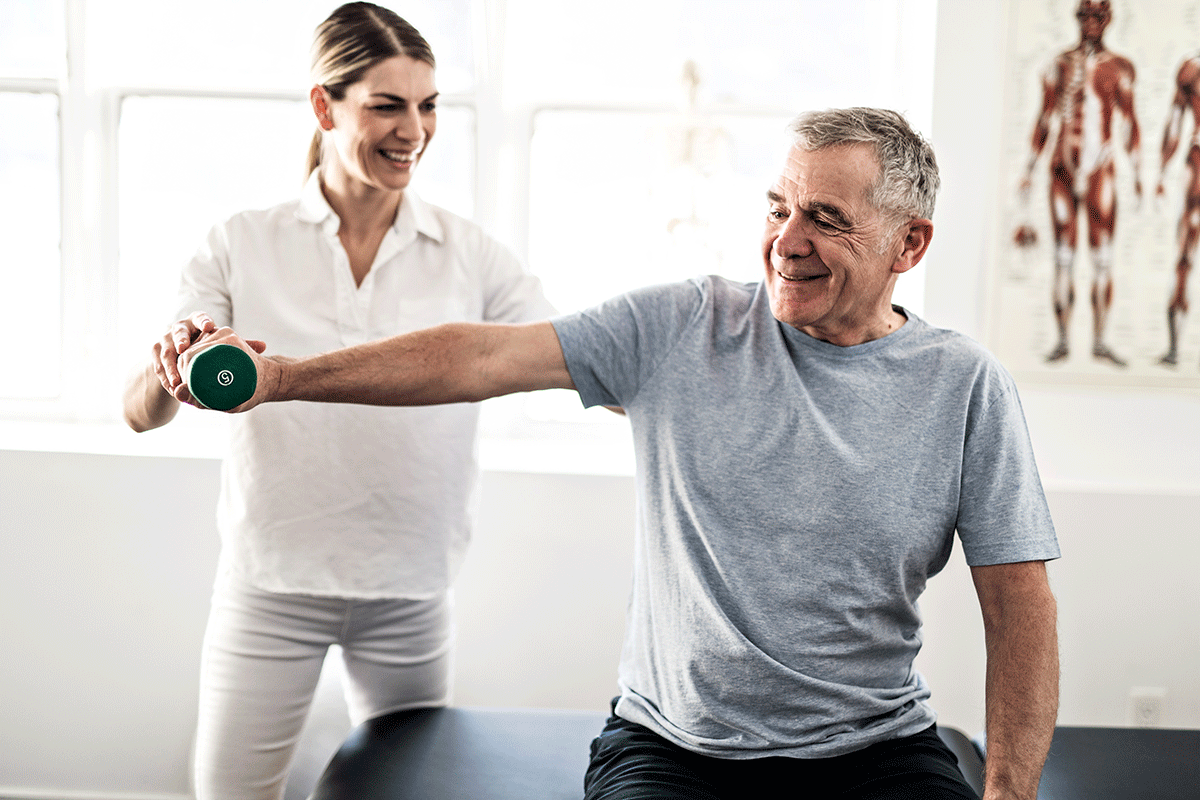The Crucial Effect of Resistance Exercise on Enhancing Rehabilitation and Performance in Sports Recovery
The Crucial Effect of Resistance Exercise on Enhancing Rehabilitation and Performance in Sports Recovery
Blog Article
Strength conditioning holds a vital part in athletic rehabilitation, helping sportspeople recover from injuries and improve their general capabilities. When an athlete sustains injured, their body needs period to recover. However, during this recovery phase, it is crucial to preserve strength and flexibility to prevent additional injuries. Resistance training can be customized to suit the needs of each individual, focusing on particular muscle groups that may have been affected by the trauma. This targeted method not only aids in rehabilitation but also prepares the individual to return to their activity stronger than previously.
One of the primary benefits of resistance training in recovery is its ability to improve muscle power and endurance. When muscular tissues are stronger, they can more effectively support articulations and reduce the chance of recurrence of injury. For example, an individual recovering from a leg injury can gain from exercises that fortify the quadriceps and back thigh muscles. These muscles play a crucial role in stabilizing the leg joint. By including strength conditioning into their rehabilitation plan, athletes can regain their power more effectively and securely.
In furthermore to developing strength, resistance training also improves mobility and range of movement. Many injuries can lead to rigidity in the affected area, causing it difficult for individuals to move freely. Resistance training workouts often include stretching and elongating the muscles, which can help reestablish flexibility. For example, incorporating resistance straps or weights into stretching programs can enhance the efficacy of these exercises. As mobility improves, athletes can execute actions more efficiently, which is crucial for peak performance in their sport.
Another crucial factor of resistance training in sports recovery is its beneficial effect on psychological health. Recovering from an trauma can be a difficult and frustrating experience for athletes. Participating get more in resistance training can provide a feeling of achievement and enhance confidence. As athletes see gains in their power and abilities, they may feel more driven to persist their rehabilitation journey. This psychological boost can be just as important as the bodily advantages, as a positive mindset can result to improved outcomes in rehabilitation.
Finally, resistance training can help individuals move back to their sport more seamlessly. Once they have recovered their strength and mobility, individuals need to practice activity-specific actions to guarantee they are prepared for contests. Strength training can be combined with sport-specific drills to create a holistic rehabilitation program. This blend allows athletes to not only recover but also improve their performance. By concentrating on both rehabilitation and performance, resistance conditioning becomes an essential tool in the recovery process, assisting individuals return to their activity more robust and more resilient.